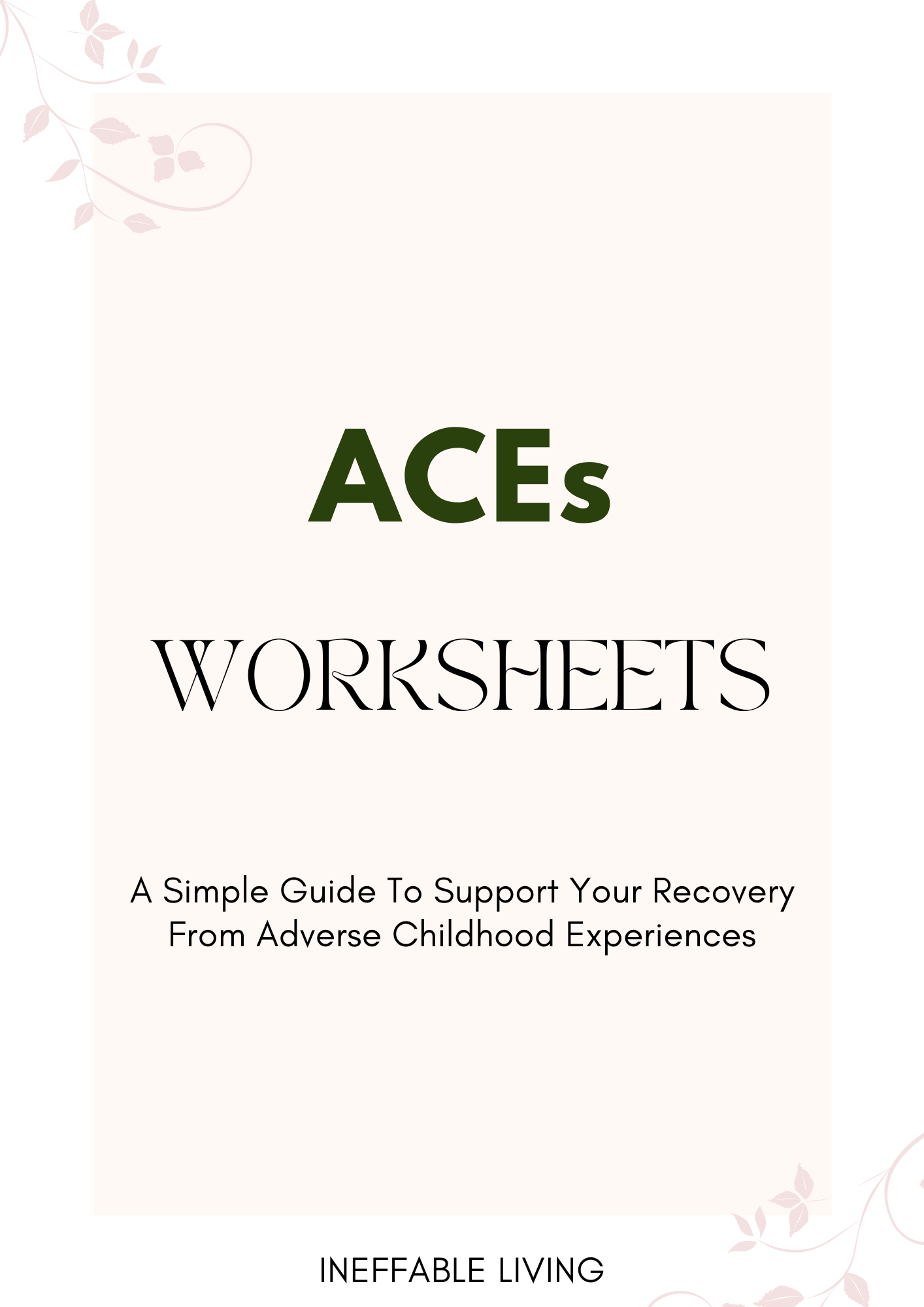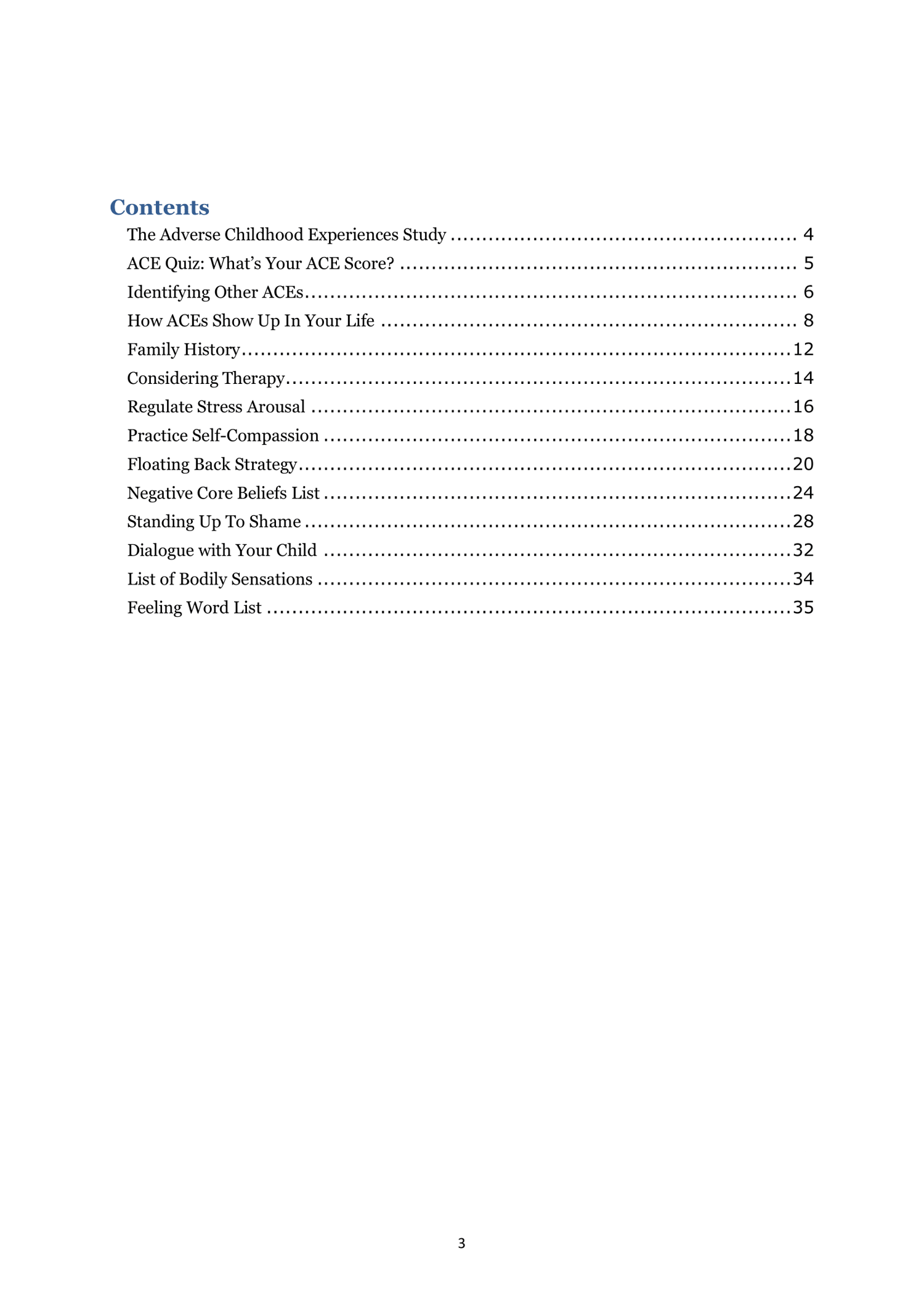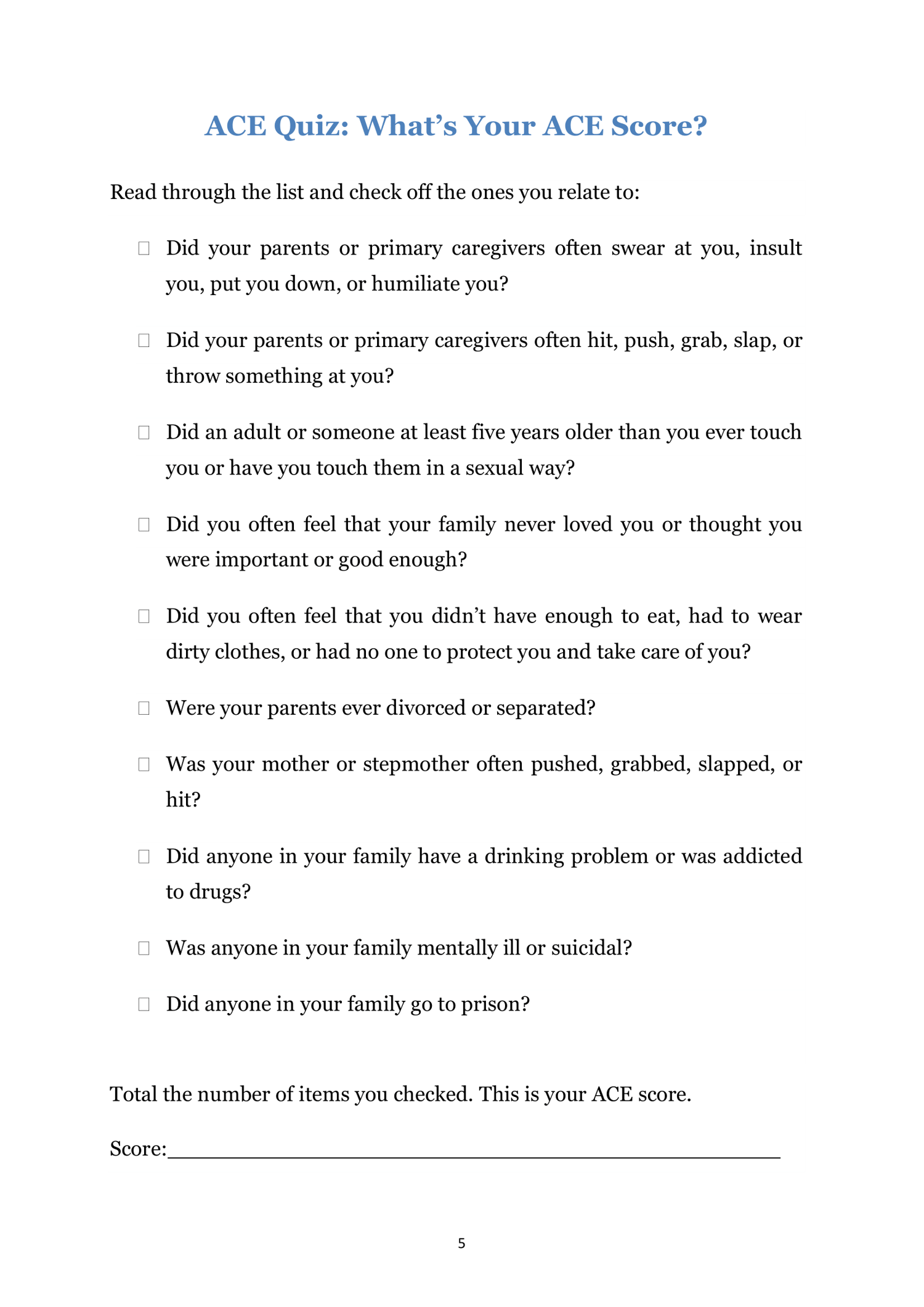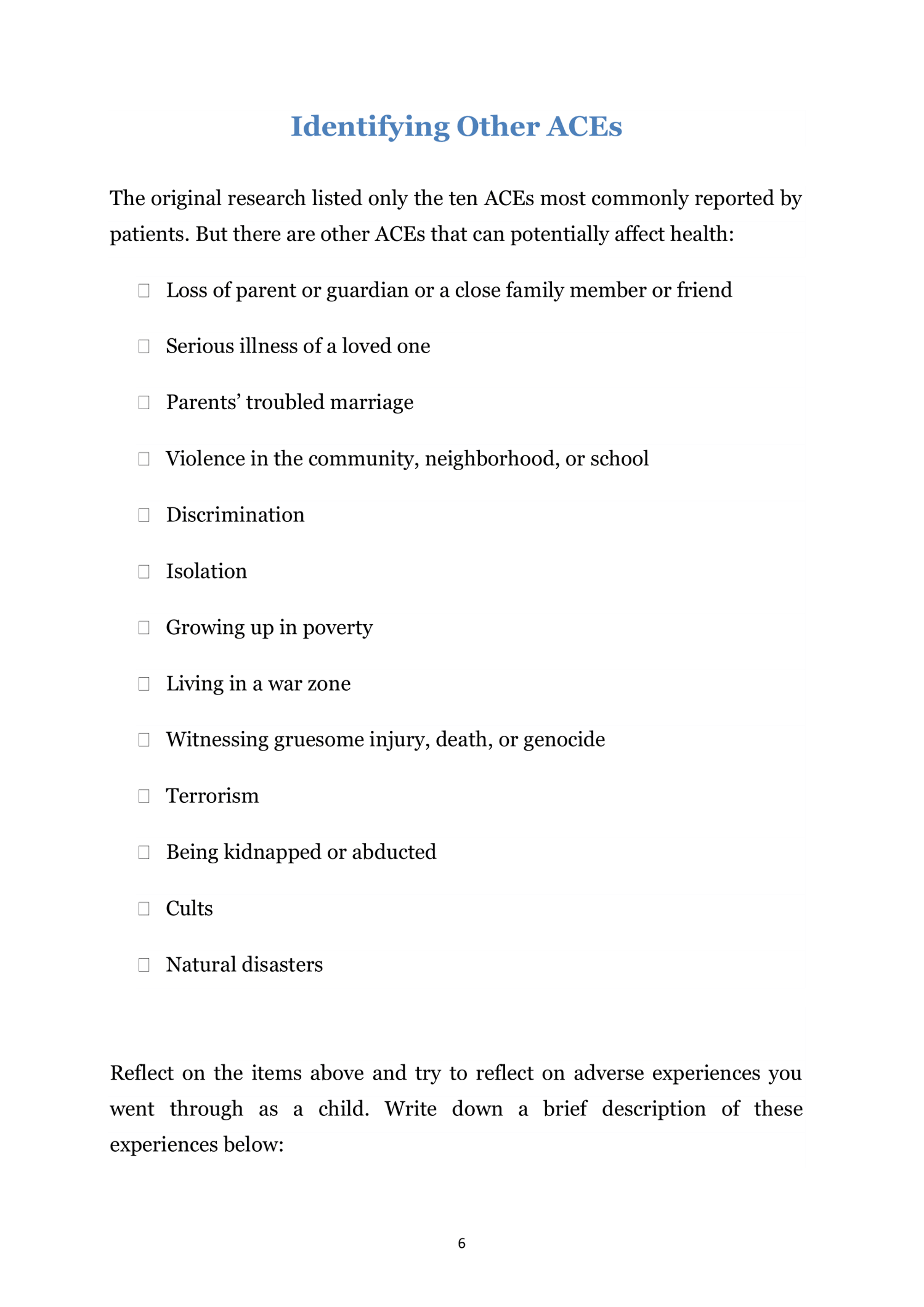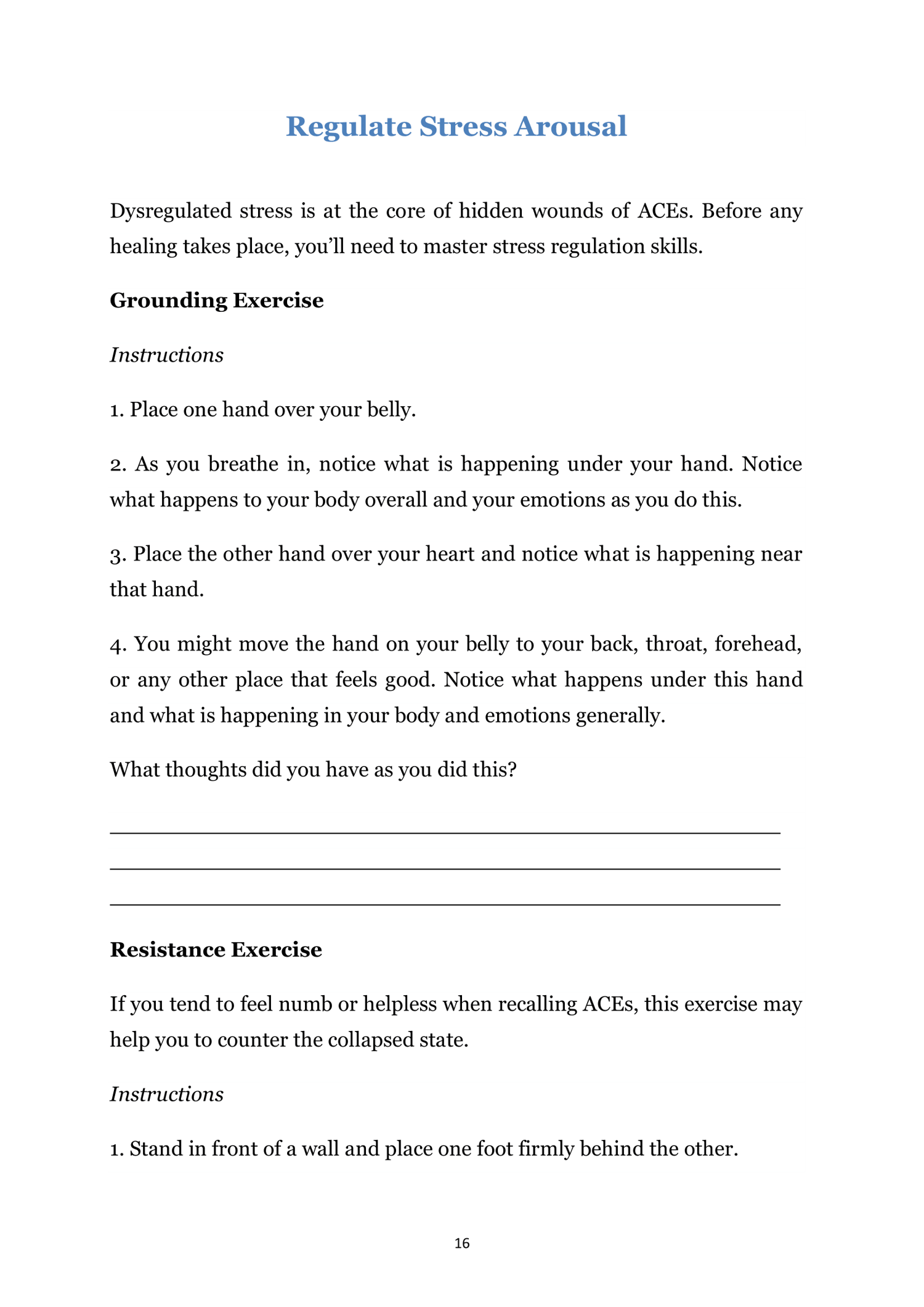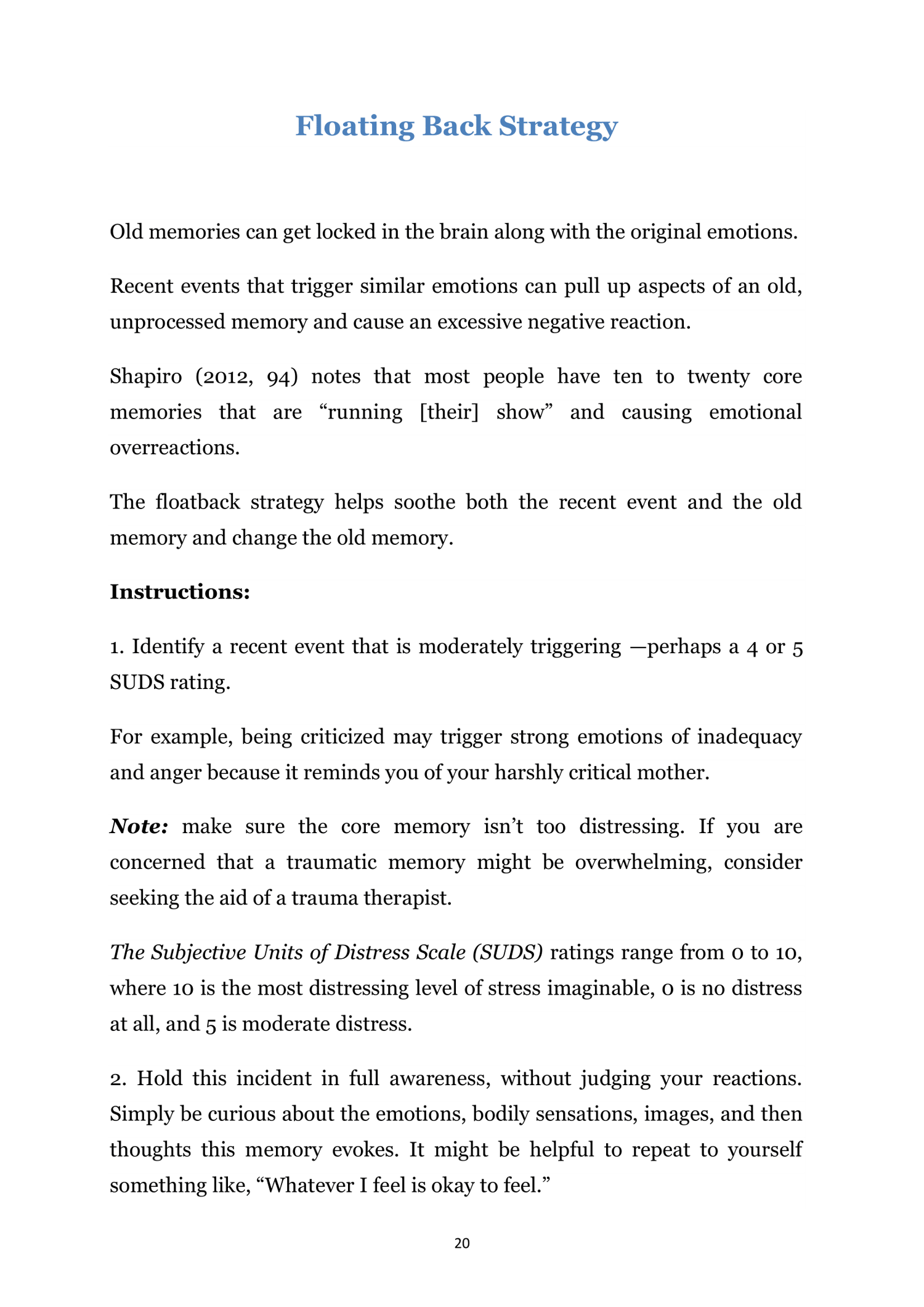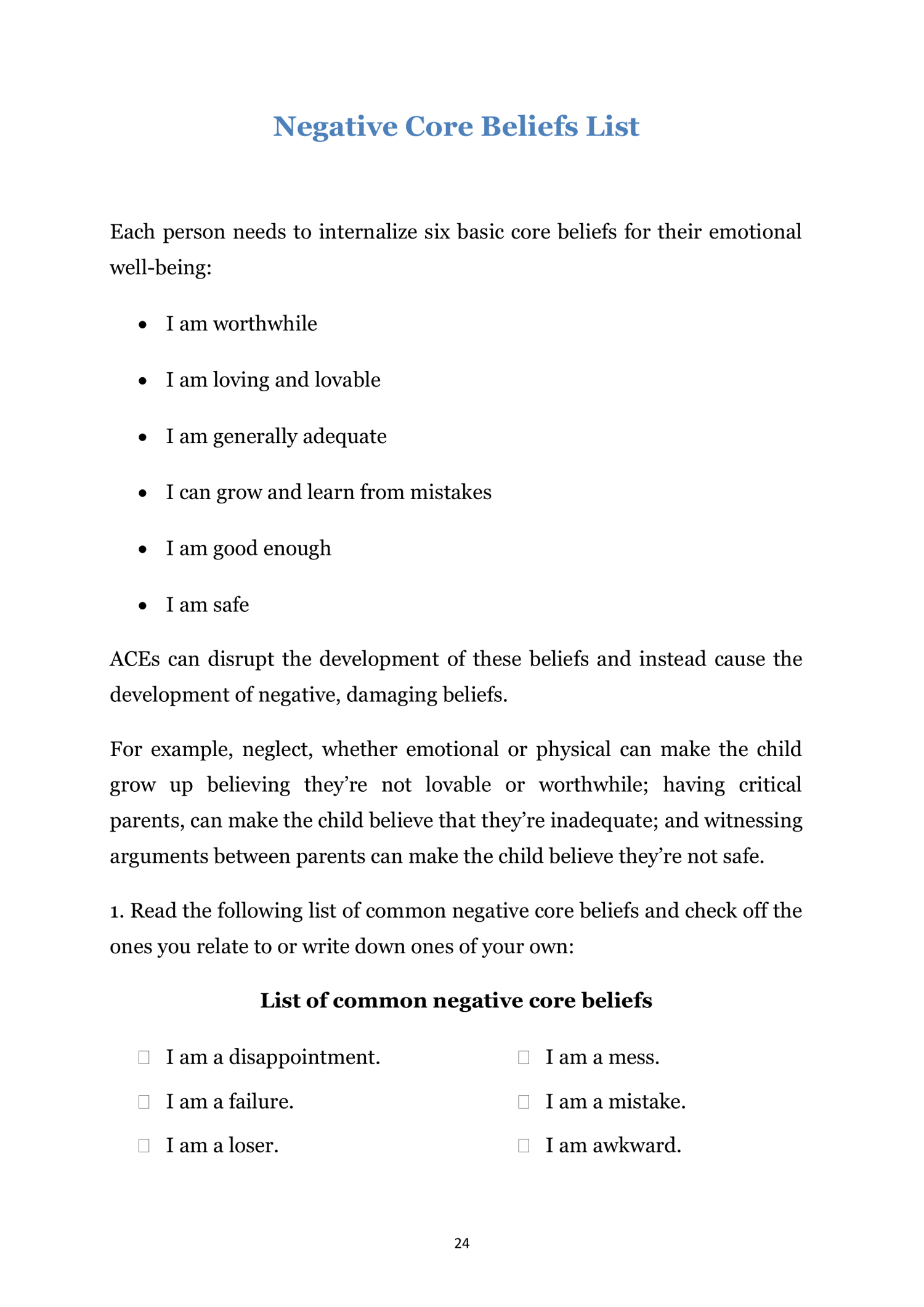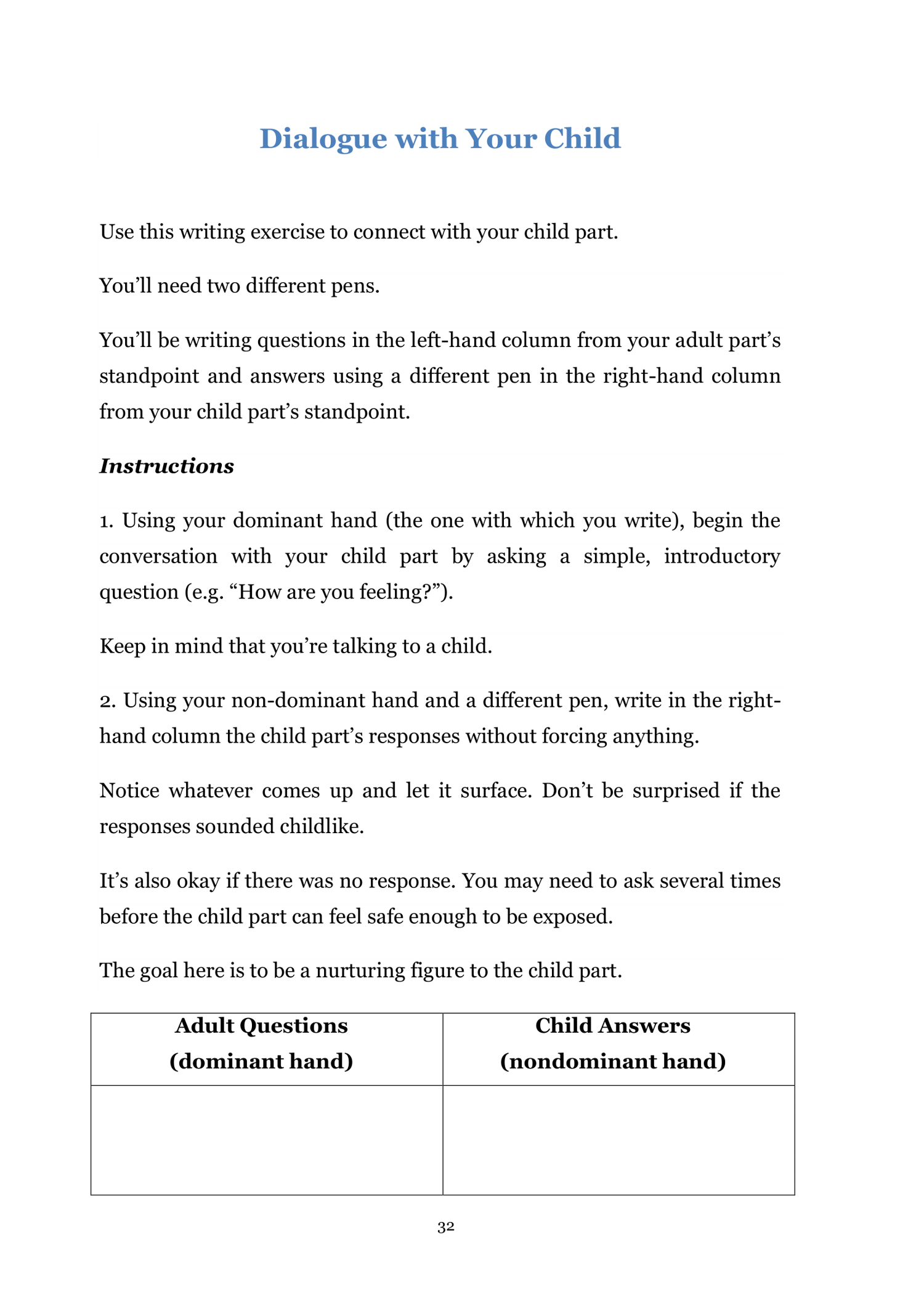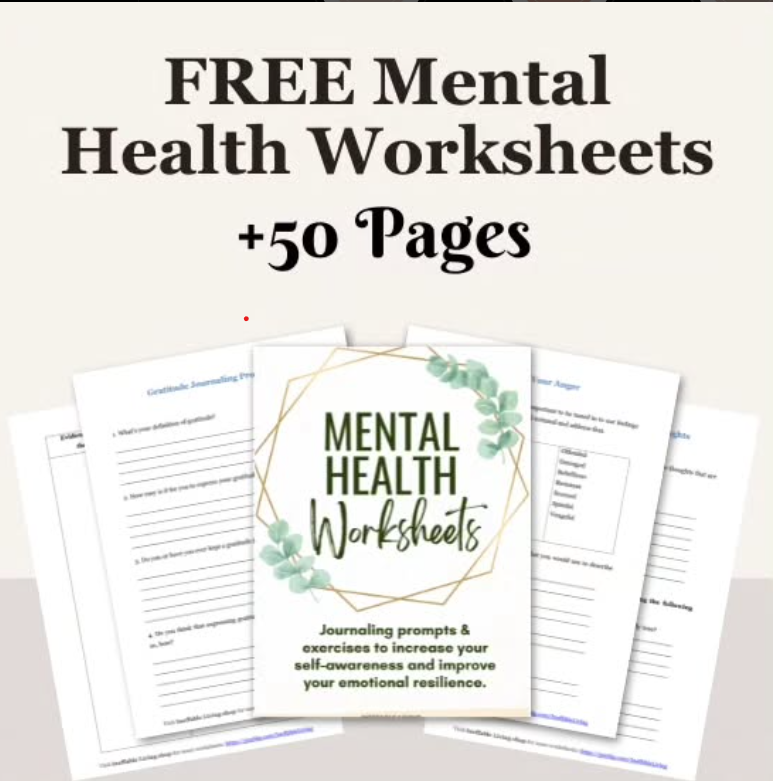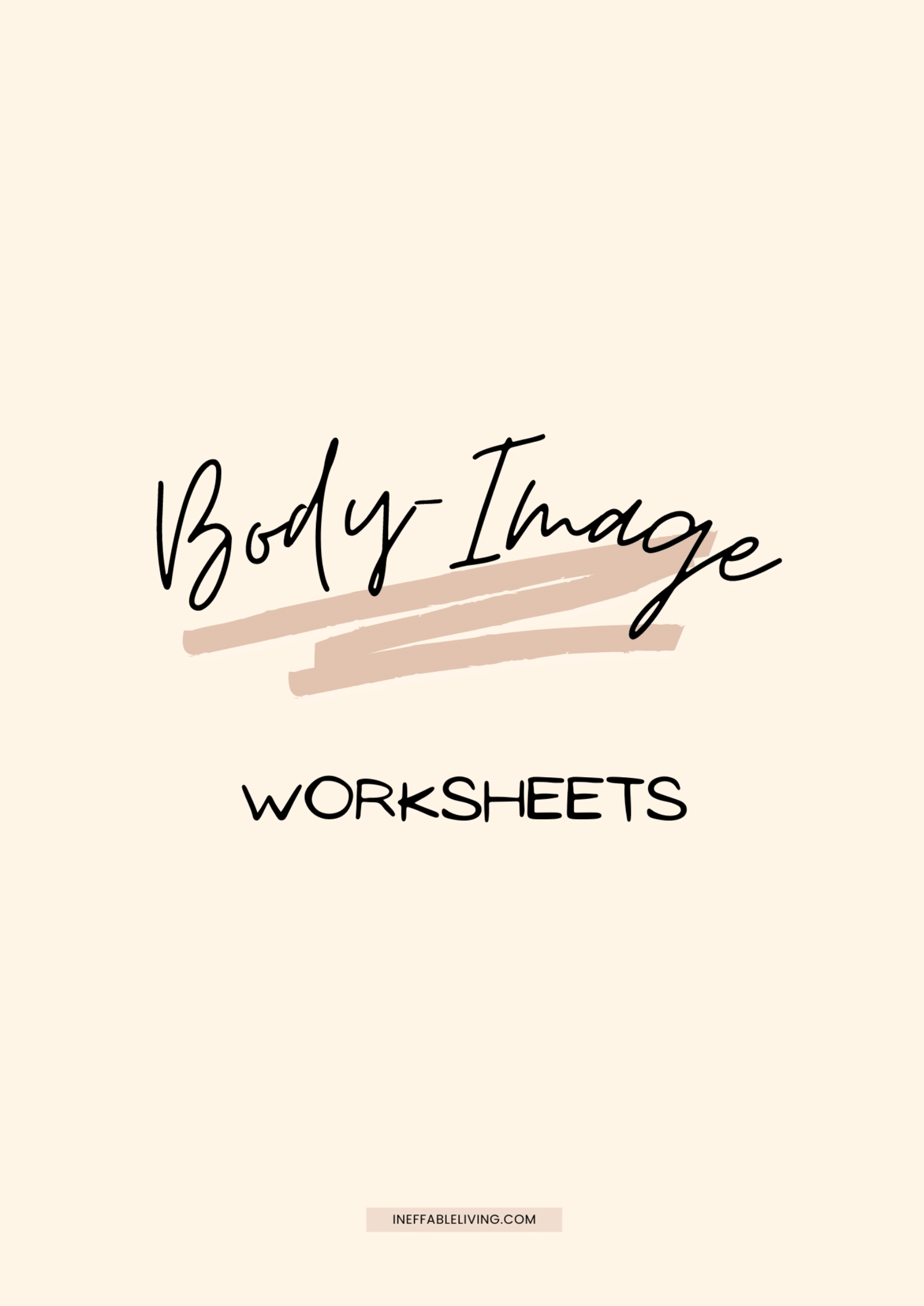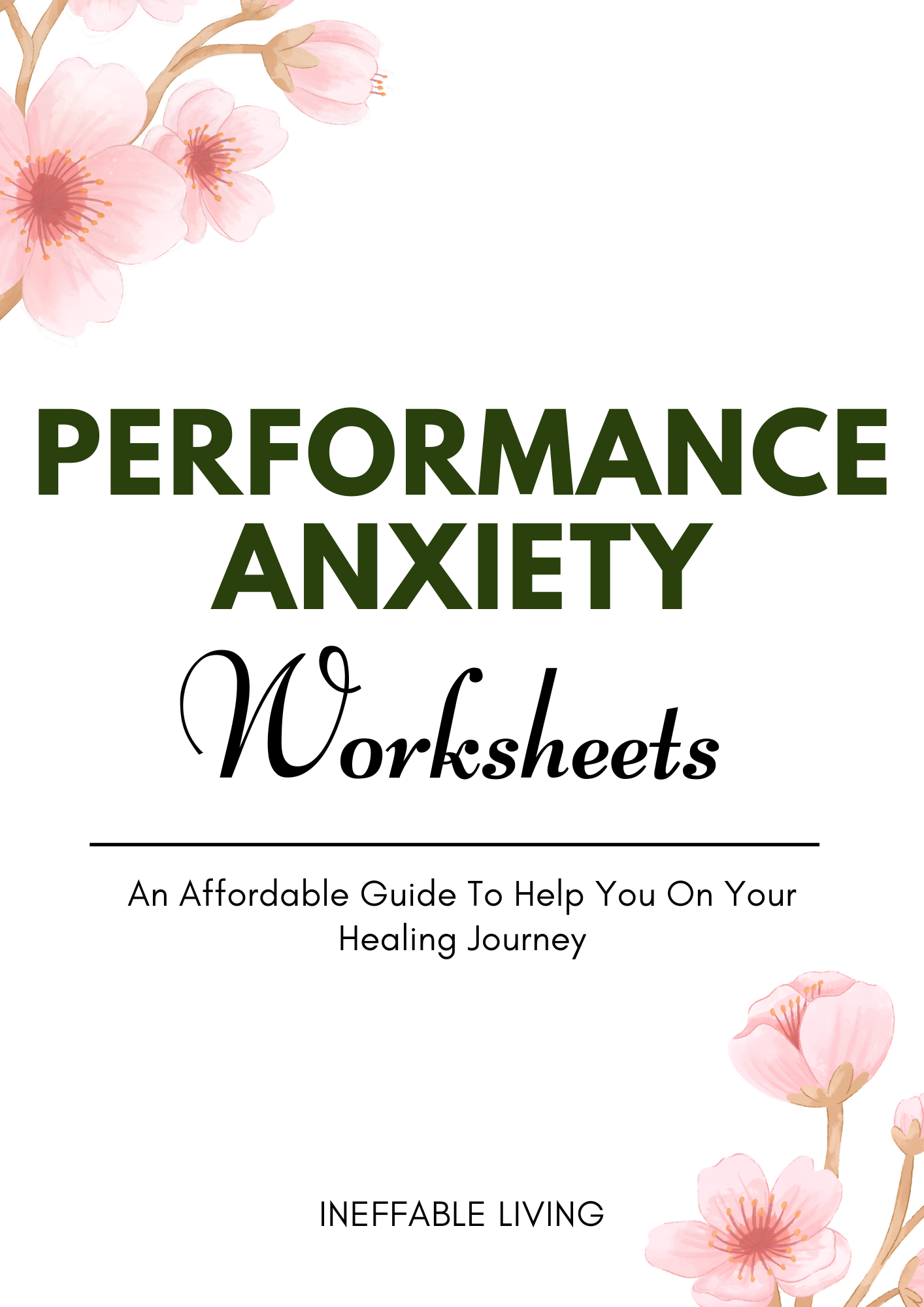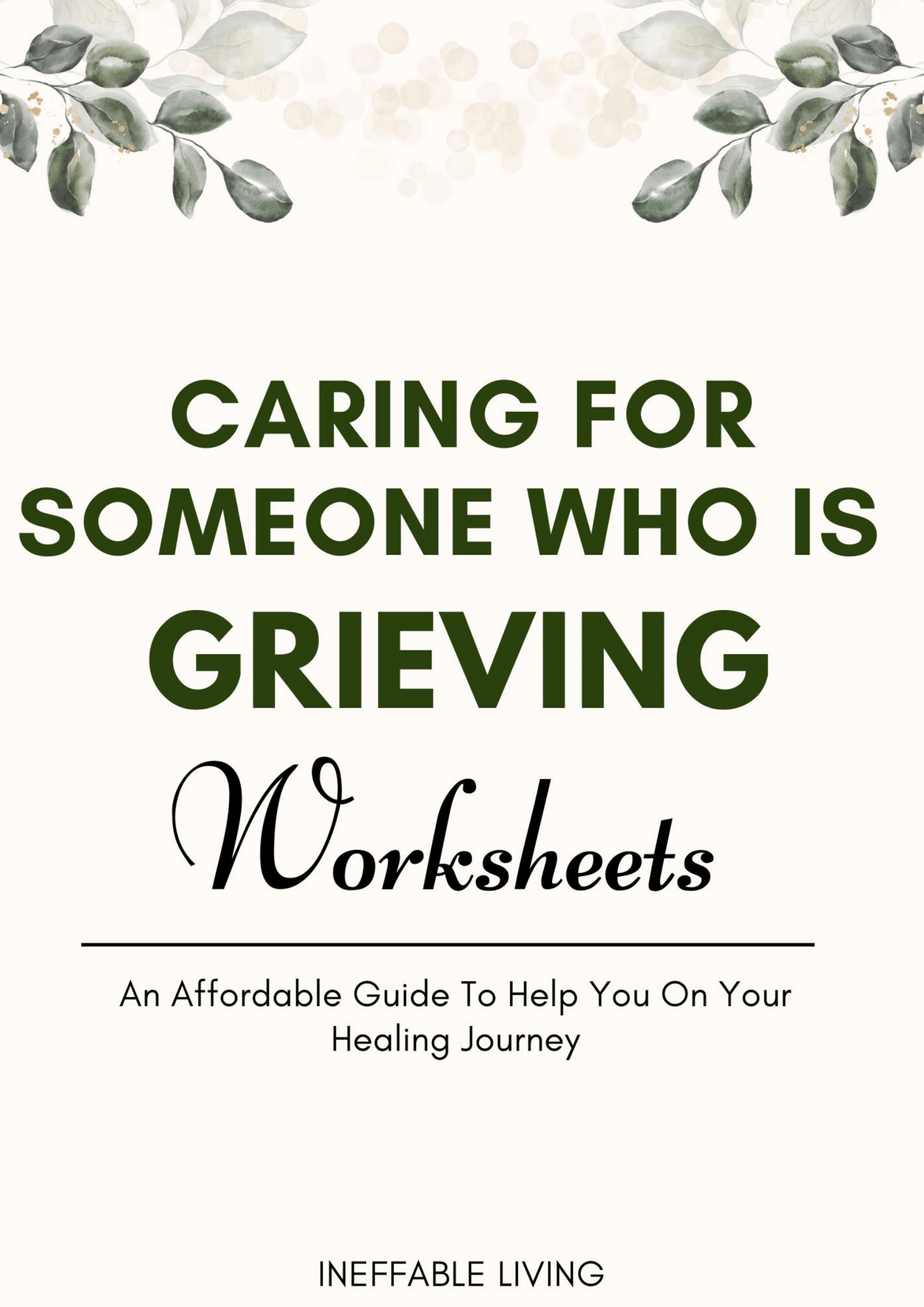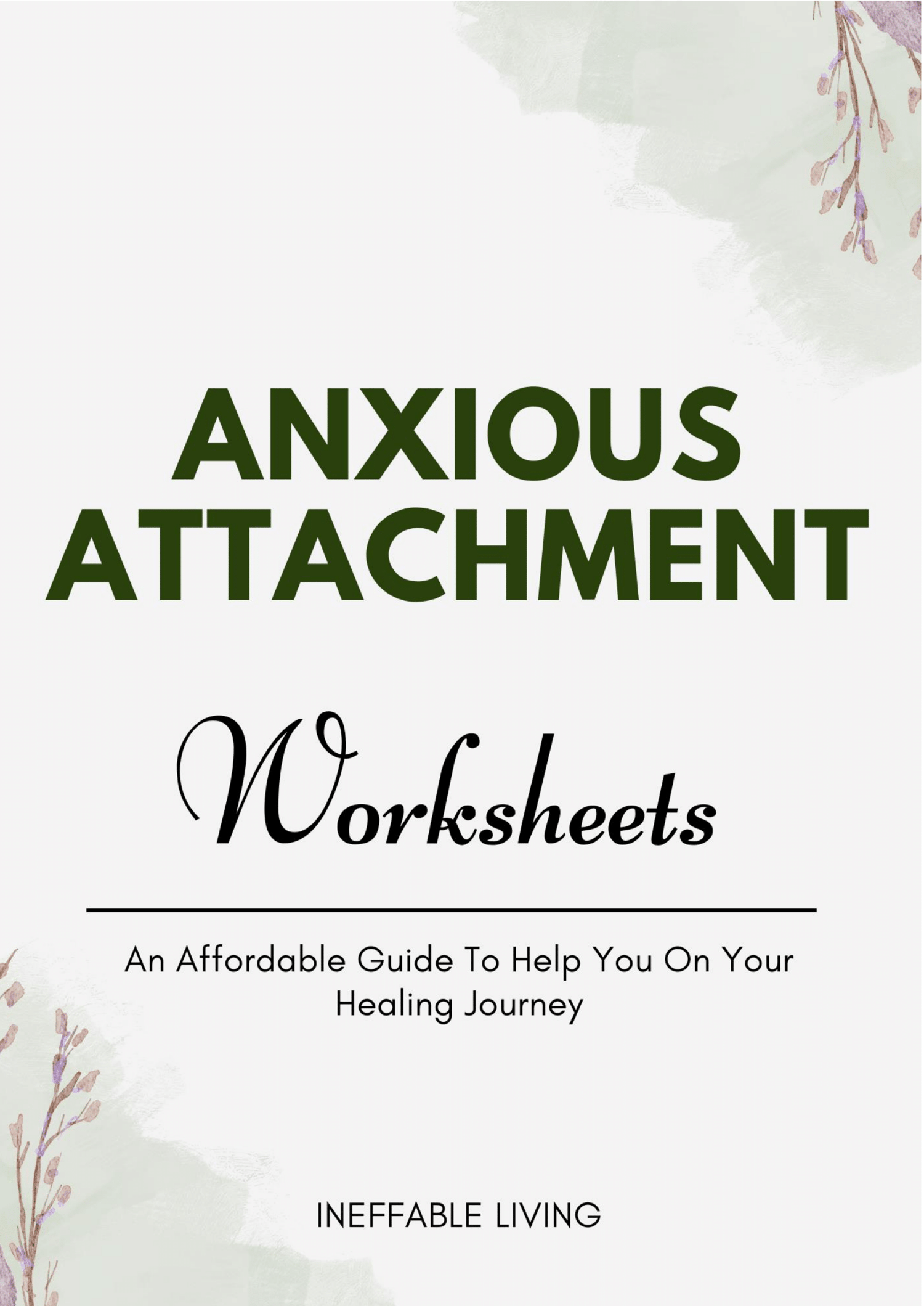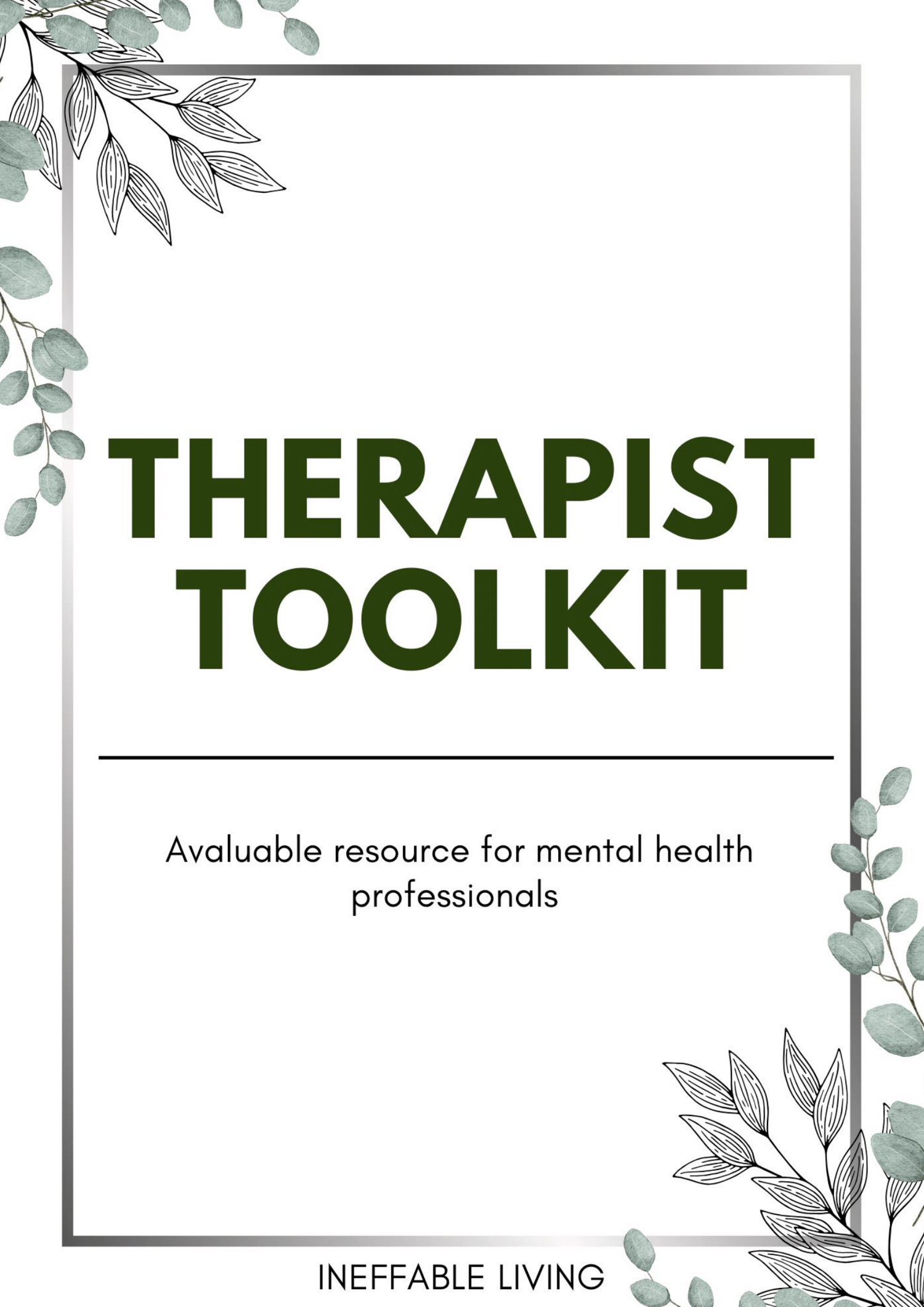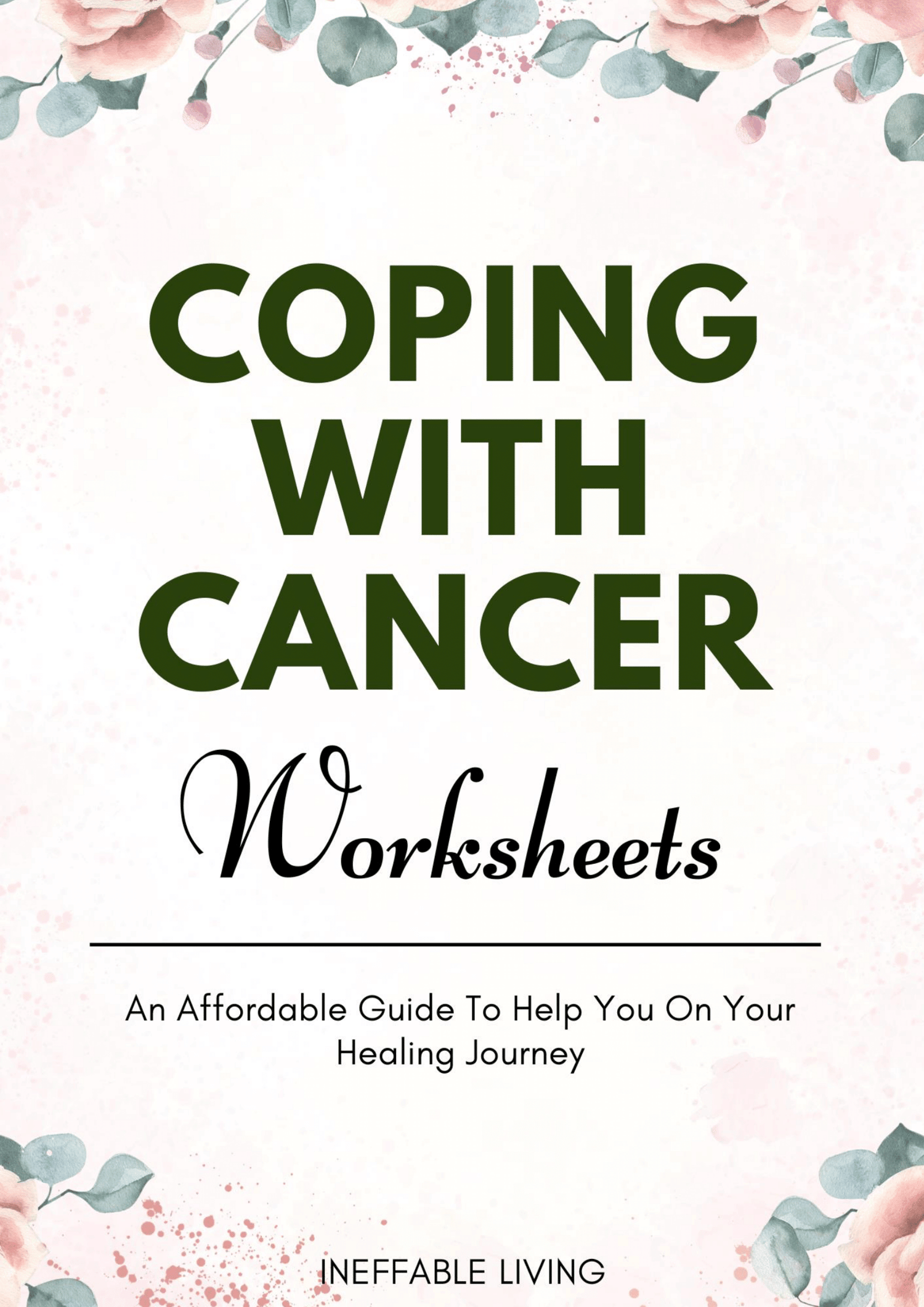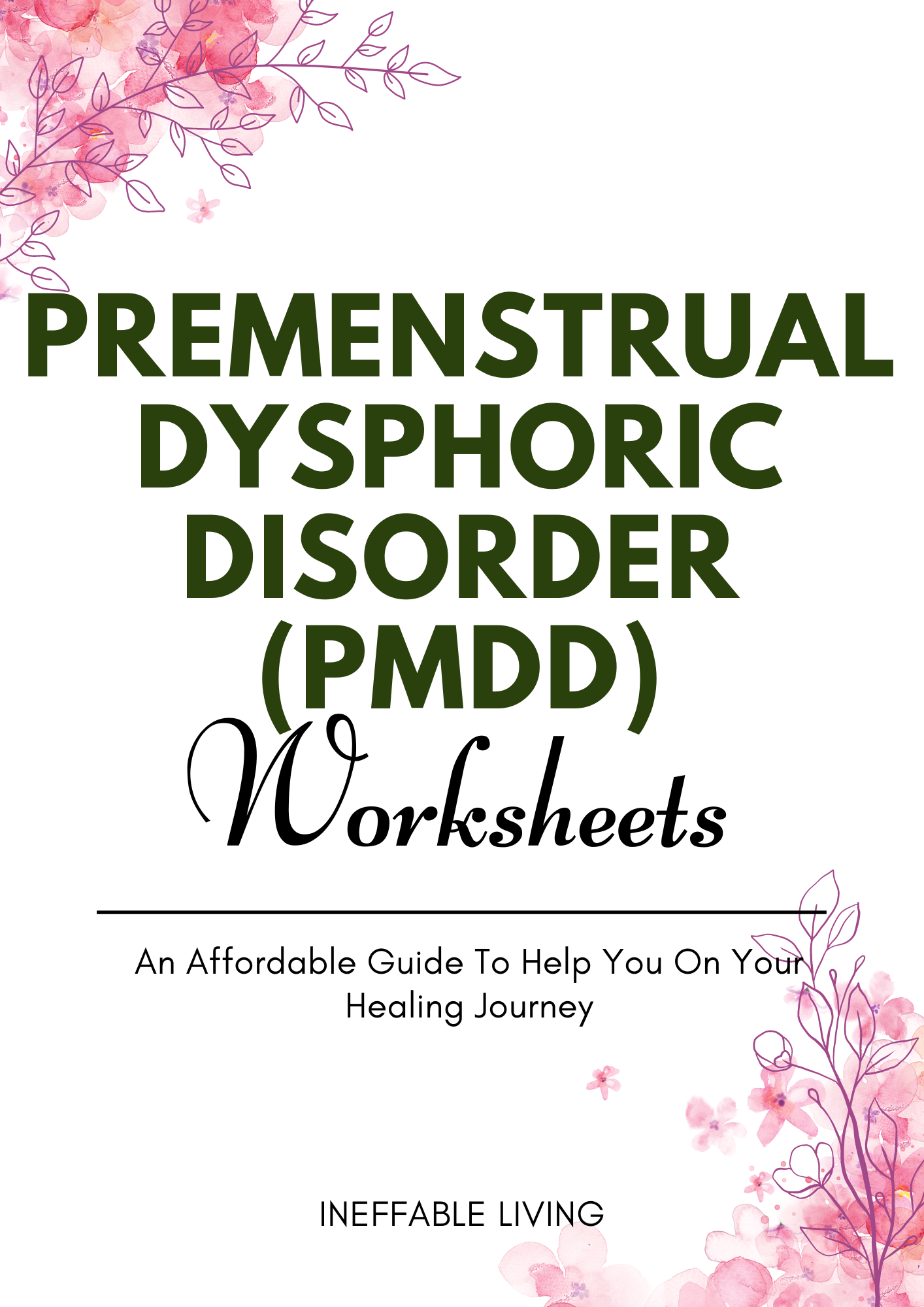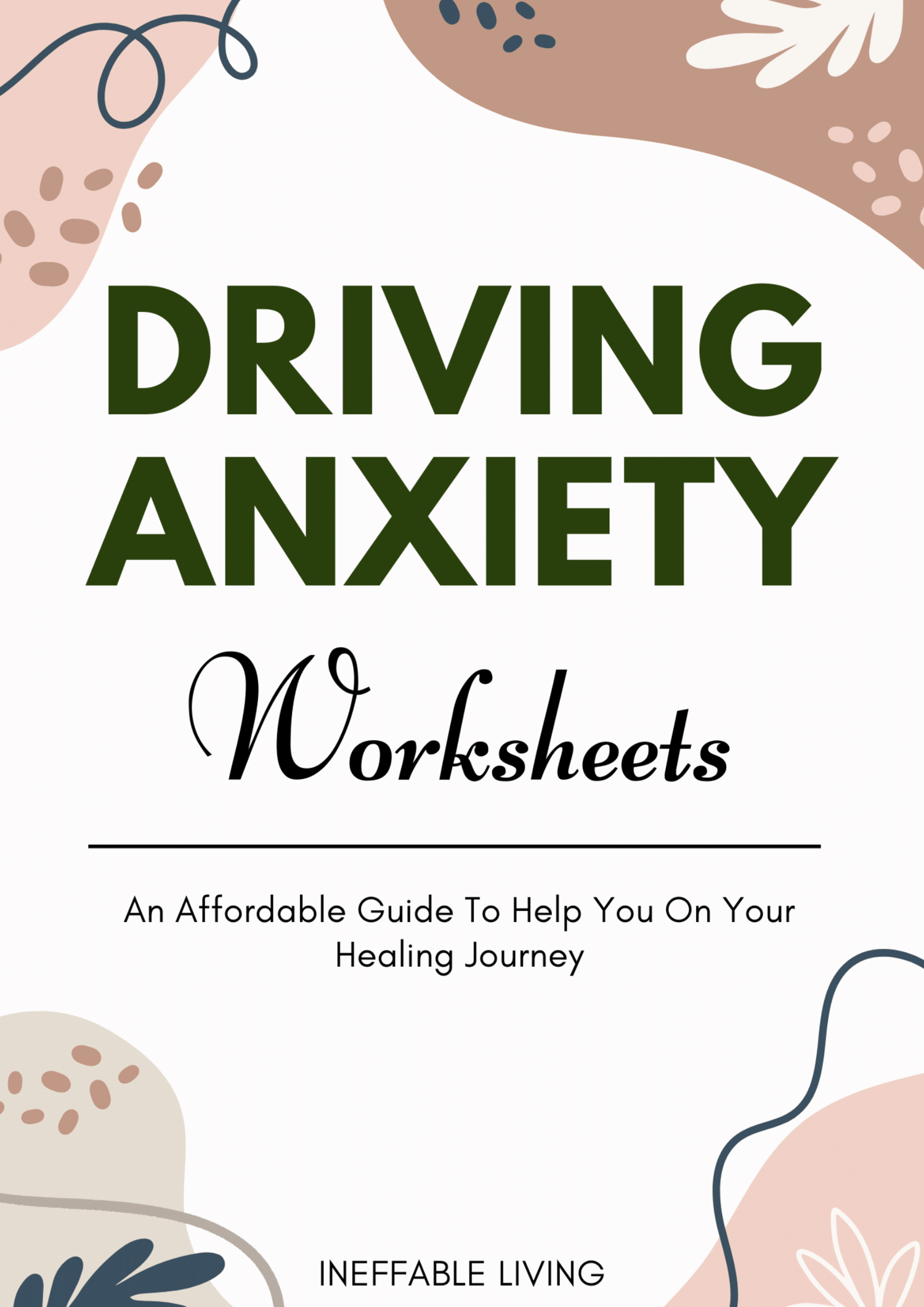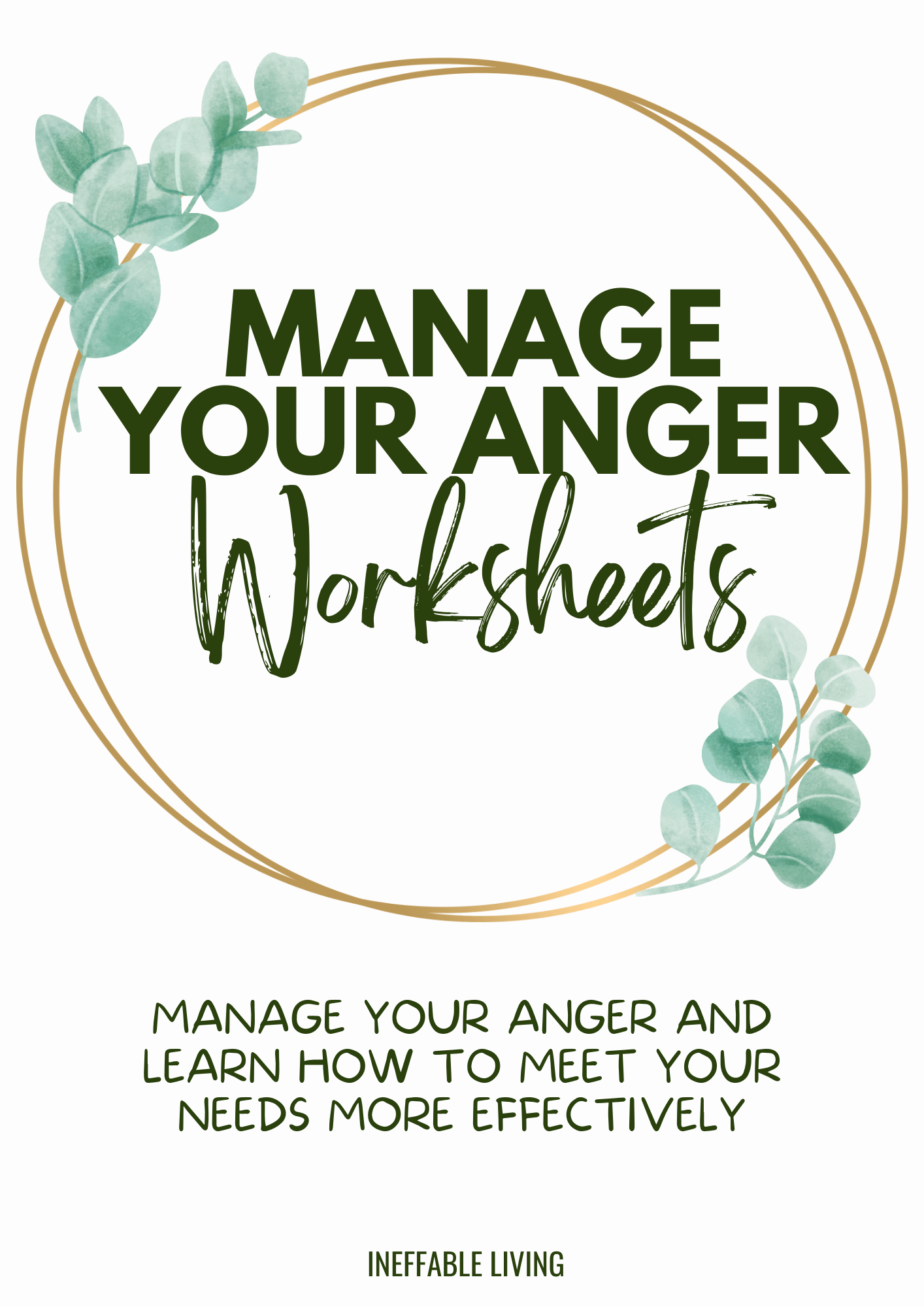ACEs Worksheets (Adverse Childhood Experiences)
Get Trauma Healing Bundle for 60% off
or Get Entire Shop Bundle for 85% off!
What Are ACE?
“ACEs” stands for Adverse Childhood Experiences.
These include three specific kinds of adversity children face in the home environment—various forms of physical and emotional abuse, neglect, and household dysfunction.
READY TO HEAL YOUR ACEs AND LIVE A FULFILLING LIFE?
DID YOU EXPERIENCE ANY OF THE FOLLOWING?
- Did your parents or primary caregivers often swear at you, insult you, put you down, or humiliate you?
- Did your parents or primary caregivers often hit, push, grab, slap, or throw something at you?
- Did an adult or someone at least five years older than you ever touch you or have you touch them in a sexual way?
- Did you often feel that your family never loved you or thought you were important or good enough?
- Did you often feel that you didn’t have enough to eat, had to wear dirty clothes, or had no one to protect you and take care of you?
- Were your parents ever divorced or separated?
- Was your mother or stepmother often pushed, grabbed, slapped, or hit?
- Did anyone in your family have drinking problem or was addicted to drugs?
- Was anyone in your family mentally ill or suicidal?
- Did anyone in your family go to prison?
- If so, Adverse Childhood Experiences may be holding you back in life.
IF YOU NEED A SIMPLE AND AFFORDABLE GUIDE TO SUPPORT YOUR HEALING FROM ACEs.... YOU NEED THIS.
WHAT IS INCLUDED?
More Than 35 Pages of Activities and Exercises
- The Adverse Childhood Experiences Study
- ACE Quiz: What’s Your ACE Score?
- Identifying Other ACEs
- How ACEs Show Up In Your Life
- Family History
- Considering Therapy
- Regulate Stress Arousal
- Practice Self-Compassion
- Floating Back Strategy
- Negative Core Beliefs List
- Standing Up To Shame
- Dialogue with Your Child
- List of Bodily Sensations
- Feeling Word List
When to Consider Therapy
It is always helpful to work with a therapist or trauma specialist.
However, you should seriously consider therapy if you are experiencing any of the following:
- You can’t think of certain memories without experiencing intense distress.
- You experience intrusive memories, including nightmares, flashbacks, or hallucinations.
- You or your surroundings seem unreal.
- You experience disturbing emotions frequently (e.g., crushing feelings of low self-worth, shame, fear, depression, hopelessness, irritability, or extreme rage, etc.).
- You feel numb, unable to experience happy feelings.
- You have a mental illness, such as anxiety, panic disorder, depression, borderline personality disorder, or bipolar disorder.
- You are harming or thinking about to harm yourself (e.g., suicidal thoughts, thoughts of cutting or otherwise injuring your body, engaging in risky behaviors such as driving dangerously or while intoxicated, having unprotected sex, etc.)
- Any memories or symptoms seem overwhelming.

